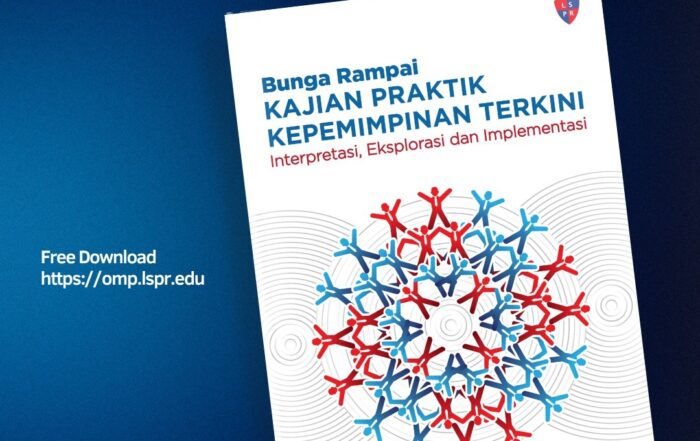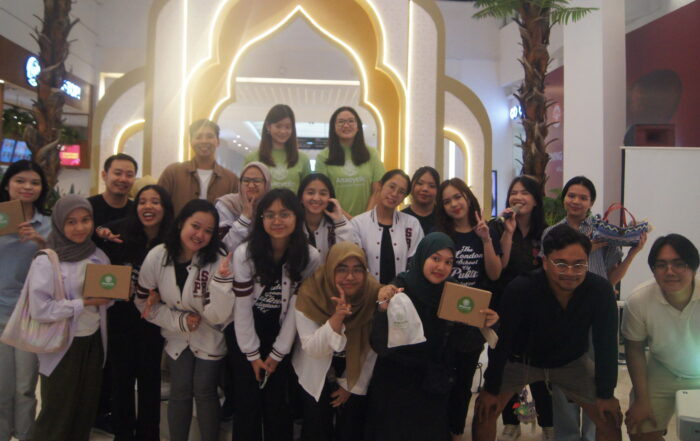

Jakarta – On Friday, July 22, 2021, International Relations Communication Studies of LSPR Communication & Business Institute through the International Policy of Indonesian Affairs subject held a Guest Lecturer activity with topic “The Challenges of Indonesia and Multilateral Governance in Handling and Recovery of COVID-19”. This activity invites Mr. Mahendra Siregar, Vice Minister for Foreign Affairs of the Republic of Indonesia, as the lecturer. Dr. Sri Ulya Suskarwati, as Head of Undergraduate Program in Communication Studies LSPR, Dr. Aloysius Lele Madja, Lecturer and Subject Coordination International Policy of Indonesian Affairs, and Drs. Hadi Santoso, Lecturer International Policy of Indonesian Affairs also attended this activity. Ms. Gracia Paramitha, Deputy Head of the International Relations Study Program LSPR as moderator, invited Mrs. Ulya to deliver welcome remarks, as the opening.

For two hours, Mr. Mahendra gave a presentation and discussed it with the students and lecturers who attended this event. In his presentation he discussed the challenges faced by Indonesia during the pandemic, related to the availability of medical devices, medicines, and vaccines which were still not balanced with demand. These challenges include the difficulty of finding access to vaccines when there is a global vaccine deficit, politicization of vaccines, and vaccine nationalism.

The Guest Lecturer, Mr. Mahendra Siregar, Vice Minister for Foreign Affairs of the Republic of Indonesia
The government, in this case the Ministry of Foreign Affairs, continues to try to overcome this problem in various ways, such as vaccine diplomacy to pave the way and access to vaccine supply through bilateral and multilateral channels, visits by the Minister of Foreign Affairs and the Minister of SOEs to certain countries to obtain vaccines through bilateral channels and multilateral. He said another example of multilateral elements is that Indonesia is included in the Advance Market Commitment (AMC) scheme of the COVAX facility and entitled to free access to vaccines for 3-20% of Indonesia’s population. In addition, Indonesia received vaccines from Japan through dose sharing. All of this is done to meet the need for vaccines in Indonesia in order to create health security and the independence of the health industry.

Mr. Mahendra shared information about the development of vaccines made in Indonesia
Mr. Mahendra said that Indonesia had been actively producing independent medical devices, had started producing its own medicines even though 90% of the ingredients were imported, and had continued to develop a domestic Covid-19 vaccine.

Students and lecturer LSPR as participants
When entering the discussion session, the participants were very enthusiastic about asking questions related to the topic and presentation of Mr. Mahendra. The activity closed with a group photo.
Article by: Hani











